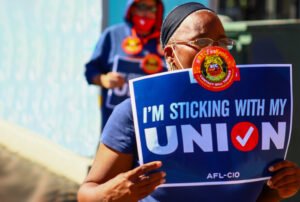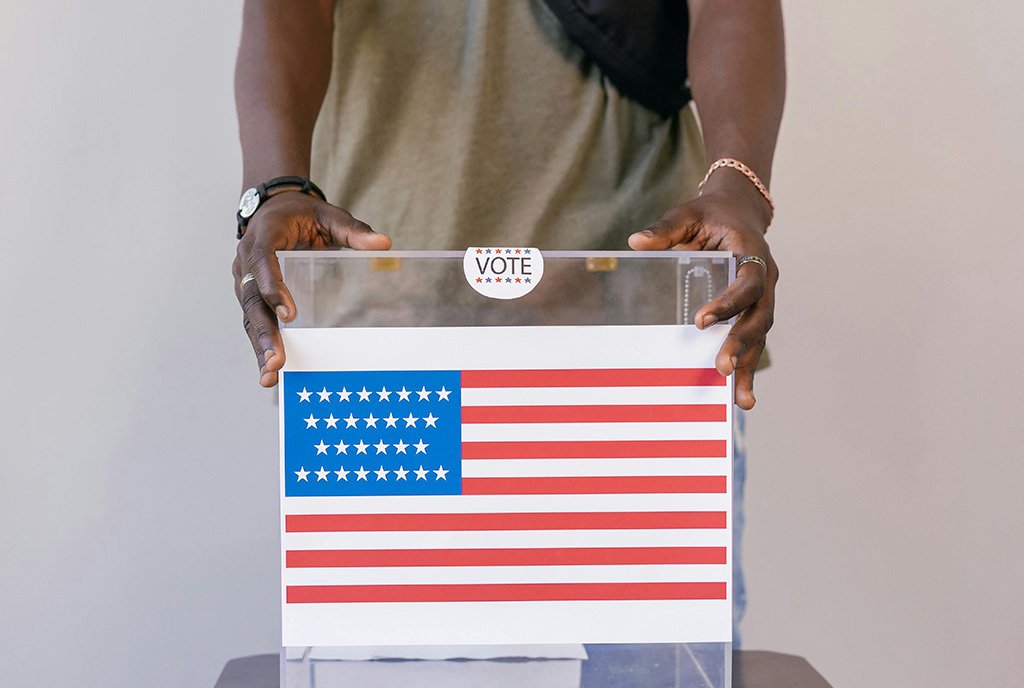July 20, 2014; Houston Chronicle
When it comes to the as many as 60,000 undocumented immigrant children who need to be housed, as least temporarily, while they wait for their immigration hearings, the onus will fall on nonprofit providers willing to live their missions and provide accommodations. But their ability to do so will depend on the reactions of the communities around them—witness the decision of BCFS in Welasco, Texas, to withdraw its offer to provide a facility.
The call is also affected by political leaders—governors, mayors, and others—setting the tone, telling the nation either “we’ll help” or “keep them out of my back yard.” Here is a tally of major politicians on their willingness to provide temporary accommodations for the these undocumented immigrant children who came to the U.S. without parents to escape the dangers and privations of home countries such as Guatemala, Honduras, and El Salvador.
|
Willing to accept immigrant children |
Opposed to accepting immigrant children |
|
The Democratic governor of Massachusetts, Deval Patrick, defended his openness to providing accommodations for 1,000 children in Western Massachusetts and Cape Cod, emotionally standing up to local opposition saying, “one day will have to answer for our actions—and our inactions.” However, Patrick is facing widespread opposition, including from Dominic Sarno, the mayor of Springfield. |
Nebraska Governor Dave Heineman, a Republican, expressed concern that 200 immigrant children had been “quietly moved” into his state without prior notice. |
|
Vermont’s Democratic governor Peter Shumlin indicated that his state would be willing to explore “locations and logistical requirements and work…to determine if Vermont would be an appropriate host state for some of the children who have crossed the border and are in custody.” |
Governor Mary Fallin, a Republican and current chair of the National Governors Association, agreed with her Nebraska counterpart: “My personal opinion as the governor of Oklahoma is that the United States is not a place that allows just anyone to come across the border without going through the legal process, and we need to work on securing our borders of the United States as quickly as possible…If it’s that easy for a six-year-old or a 12-year-old to be able come across the border, who else is coming across the border of the United States?” |
|
Expressing “great empathy” with the unaccompanied immigrant children, New Jersey’s Republican governor and potential presidential candidate Chris Christie was reported by Fox News to be willing “to consider requests to help unaccompanied immigrant children come to New Jersey.” |
Iowa Senator Tom Harkin criticized Republican governor Terry Branstad’s opposition to immigrant children coming to Iowa, despite efforts by Bill Gluba, the mayor of Davenport, working with nonprofits, hospitals, and faith-based groups to provide accommodations. Branstad’s position was greeted with shock in some quarters of the nonprofit sector. “My God. This is a humanitarian crisis,” Kathleen McQuillen, the Iowa Program Director of American Friends Service Committee, said. “It’s a simple thing to begin to say, what’s important in this world?” |
|
Los Angeles Mayor Eric Garcetti said his city would be open to accommodating undocumented unaccompanied children. “As a father,” Garcetti said, “who are we as Americans if we don’t step forward first and say, these kids who are isolated, alone…let’s get them someplace safe and secure.” Sign up for our free newslettersSubscribe to NPQ's newsletters to have our top stories delivered directly to your inbox. By signing up, you agree to our privacy policy and terms of use, and to receive messages from NPQ and our partners. |
Colorado’s Democratic governor John Hickenlooper didn’t personally endorse bringing immigrant kids to his state, but said he would not oppose Denver mayor Michael Hancock’s openness to immigrant children in his city. |
|
A spokesperson for Rhode Island’s Democratic governor Lincoln Chaffee said that the state is exploring locations for accommodating immigrant children if the federal government requests the state’s help. |
Democratic Connecticut governor Dannel Molloy’s administration rejected a request from the federal government to locate some children at a facility in Southbury, responding, “The vacant property that the state of Connecticut has is too small to accommodate your needs (which clearly must be at least several hundred thousand square feet of building space alone) and is typically in a state of disrepair to the point where a certificate of occupancy would be difficult to obtain.” |
|
Delaware governor Jack Markell’s position appears to be a little of Hickenlooper and a little of Molloy. The Democratic governor indicated that the state had no facility itself to provide that was large enough, but, “if private organizations choose to do so, that’ll be up to them.” |
|
|
Although Maryland’s Democratic governor Martin O’Malley, a potential presidential candidate, has been vocal about not sending these children back to “certain death” in their home countries, he got into a major contretemps with the White House when he objected to the use of a former military facility in Carroll County in the western part of the state, partially because of opposition from the local community and his fears that the children would be “unwelcome” there. |
|
|
Wisconsin’s governor, Republican Scott Walker, has put immigrant children on his “personal prayer list,” but did not indicate a willingness to accept the unaccompanied children into his state. |
|
|
Mississippi Governor Phil Bryant, a Republican, wrote to President Obama announcing that he will “prohibit” the federal government from “housing large numbers of new illegal immigrants in the state.” |
|
|
According to WINK, “Florida Gov. Rick Scott‘s administration expressed concern in a letter Friday about reports that the federal government planned to send unaccompanied immigrant children from the Southwest border to Miami this weekend, seeming to be unaware that it is a regular practice and asking for any health information the government had for the minors. The letter seemed unusual to immigration attorneys who say the practice has been going on for years.” |
|
|
South Carolina’s Nikki Haley, a prominent Republican on the national scene, expressed relief that there are no plans that she is aware of to send unaccompanied immigrant children to her state, but added that South Carolina shouldn’t be used as a “mass shelter.” |
There are, of course, nuances involved in all of these politicians’ positions. O’Malley’s opposition to housing immigrant kids in Western Maryland doesn’t mean that he is in favor of a mass eviction of the kids from U.S. borders. To the contrary, O’Malley stands opposed to the Obama administration’s deportation plans. Heineman might say that his concern is about the failure of the federal government to adequately notify his state, though that is a neat cover for opposing the government’s moving kids into his state. But the overall picture is one that doesn’t break down neatly by political party or even left-right ideology.
At the center of the positions, pro and con, of these politicians are nonprofits. Local and state governments are not going to take on these responsibilities on their own. When politicians like Eric Garcetti announce their openness to helping these immigrant children, they are also meeting with nonprofits that would provide services and facilities, often with little or no local government financial assistance. Nonprofits complain, with good reason, that children released to relatives in the U.S. while they wait for their deportation hearings often go to dangerous living conditions, to families that may not have the financial resources to provide for them, and in some cases to households where these children face the danger of abuse.
Groups such as the Central American Resource Center (CARECEN) in the San Francisco Bay Area are doing what they can to respond to the influx of unaccompanied children, but are urging San Francisco political leaders to dedicate more financial and medical resources for them. The Bay Area might be open to helping these children, but other cities such as Galveston and Brazoria in Texas are militating to ban immigrant children shelters.
Tell us what nonprofits in your state are doing to provide assistance and accommodations to these unaccompanied immigrant children and how politicians are responding.—Rick Cohen













